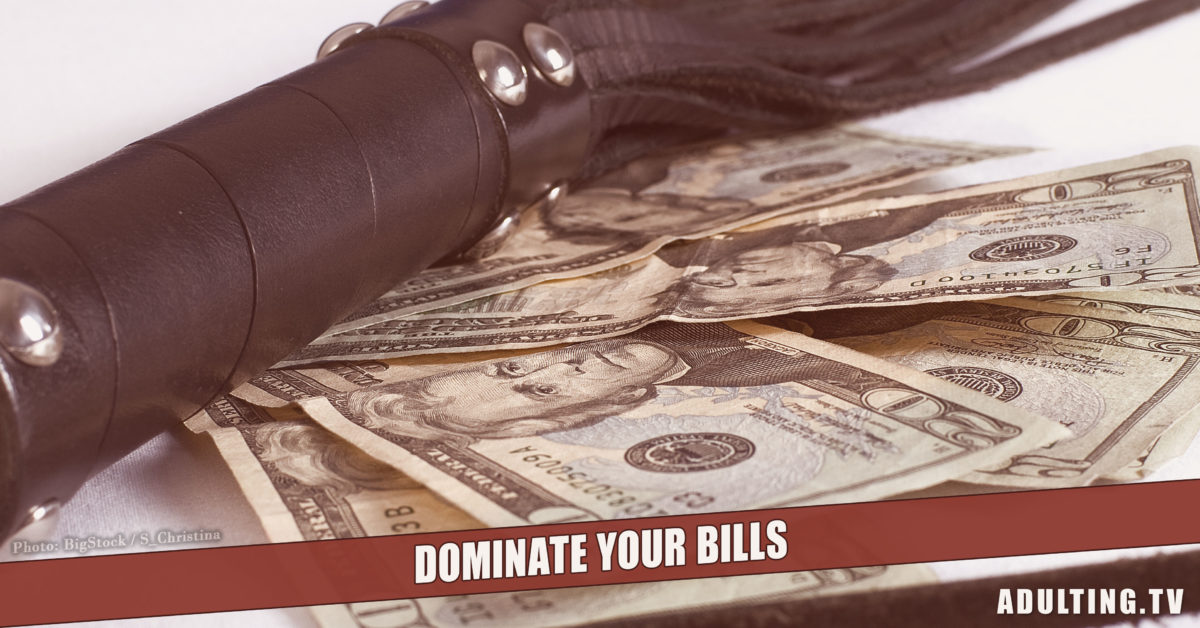Society in the United States is set up to give more advantages to extroverts than introverts. Whether in school or at work, those setting the culture make it clear that socialization and cooperation in groups is much preferrable to a collection of isolated individuals.
Introversion, antisocial behavior, shyness, and social anxiety
For introverts including myself, spending a large portion of the day navigating interpersonal and group interactions can be physically and emotionally draining. But an introverted personality type is not the same thing as being antisocial. Introverts can excel at being social and might love the company of others; they just may need time to themselves to think alone, introspect, and recharge.
Being antisocial makes it hard to succeed in a traditional sense, but having an introverted tendency does not need to be a curse. To be antisocial generally means to be able to socialize with others but to do so in a way that is unexpected or differs from others.
Shyness is an additional potential trait among introverts, distinct from introversion. Shyness makes social interactions uncomfortable, especially with people and situations that are unfamiliar.
Social anxiety disorder can affect introverts and extroverts. It’s an intense fear of interaction that leads to avoidance of situations where someone might come into contact with other people. It could be a fear of being judged by others.
If you experience uncontrollable stress when you might be the center of attention, when you feel you might be criticized, or when you have to meet a very important person, you may be experiencing social anxiety disorder.
An introvert, if neither antisocial, shy, nor socially anxious, can be outgoing, friendly, and fully aware of social cues. It’s not uncommon for these introverts to be the bosses, the business leaders, the engaging teachers, and the prolific actors. You wouldn’t know who is an introvert because only those close to them would be aware of whether they thrive from their social efforts or they require recuperation from those efforts.
Introversion alone doesn’t justify the stigma. Why do people think introverts have a lower chance of being successful?
It’s because many introverts have the other traits that do make success difficult.

Most introvert advice sucks.
Unfortunately, most of the advice available for introverts contains no insight. That’s because it tends to simply suggest that introverts be more like extroverts. In theory, copying extroverted behavior should be enough for an introvert to gain advantages of extroverts.
The typical advice of “just force yourself to be more outgoing” should suffice for pure introverts who can socialize for a fair amount of time in ways that culture deems appropriate. But because many of us introverts also have other traits mixed in, those suggestions fail.
What’s worse, is so much advice I’ve read encourages introverts to feel bad for being who they are, going so far as to use guilt to try to convince them to take on the attributes of extroverted, successful, outwardly confident people. Keep in mind that you can change aspects of your personality without sacrificing your identity, but you should only adjust the things you want to change.
Knowing that introverts can be just as successful as extroverts should allow you to be quite comfortable with your approach to life. But shyness, antisocial traits, and social anxiety can all be improved without changing your core personality.
You probably already fake being extroverted.
This is just the first step. Think, what would an extrovert do? Maybe it’s my theatrical background, but I like to suggest approaching social situations by playing the role of the extrovert. And I think that’s what many introverts feel they are doing when they do find themselves needing to participate in interaction.
This “faking it” approach doesn’t change the fact that introverts will need recovery time, but it might change your mindset and allow you to be more comfortable putting effort into socialization.
We are expected to “work it” in front of our friends and coworkers. Taking an extroverted approach helps in those situations, even if it doesn’t feel right at first.
If introversion isn’t your biggest social problem, other suggestions might help more.

Build connections even when you’re antisocial.
If you’re antisocial, you feel like you don’t fit in with the culture around you. You might see all the people who seem extroverted, and it all looks fake to you. You want to stay genuine and authentic, and you don’t feel the need to fit in.
But sometimes we just have to fit in. Navigating social expectations is part of being an adult. You don’t have to change who you are; you should just be aware of the world around you and how other people behave and interact within it.
One of the most helpful ideas is to seek out your partner in crime. Even in the most conforming environments, there will be someone who’s ready to accept and enjoy your approach to friendship, camaraderie, or teamwork. Find the one person you’re comfortable with, and build on that relationship.
Shyness is generally a lack of confidence.
I’ve found that I behave differently in different groups. If I know my place in a group, and especially if I feel that I am already well-respected, my confidence builds and I can be the center of attention without being uncomfortable. I can introduce myself to new friends and colleagues, and I have an energy that infects others. In a good way, I think.
But when I’m unsure of my place in a group or I’m new myself, my shyness comes out. I’ll stay quiet and reserved, and I’ll wait for someone else with more confidence to be my social guide.
Building confidence is key. If you know a situation is coming up in which you might be shy or lack confidence, consider this approach. These will work for both social and business interactions, as well as combinations like the dreaded “networking.”
Plan for it. Take the introvert approach and preview the event. Find out who will be there and have some ideas about who you might want to talk to and what you might want to talk about.
Have a goal you can measure. Decide to have a target for the number of people you’d like to have conversations with.
Replace any negative thoughts with positive thoughts. Have a mantra for the event. Give yourself a mini pep talk. It sounds corny, but it works. Convince yourself that you are confident and you will meet your goals.
Get help for social anxiety.
If you are so disabled by fear of social situations, you need to go beyond help from articles about introverts and see professional psychologists or other therapists. They chan provide you with one-on-one coping mechanisms as well as medication to help with this disorder.
You are probably overestimating the visibility of your anxiety. It feels strong to you, but others may not notice that you’re uncomfortable. So if that is in turn making your anxiety worse, you may be able to keep this in mind and do a better job coping with anxiety when you are forced into these stressful social situations.
At Adulting, we have an entire podcast episode about being calm, and that comes in handy with dealing with certain anxiety. One calming technique that has worked well for me is the 4-7-8 technique, which I explained in this video.
You can be an introvert and still be outgoing and confident. Some of the most successful people in the world are introverts, and they need their alone time to recharge. You can address shyness, social anxiety, and any antisocial traits while still being you.
You don’t have to sacrifice who you are to do a better job with dealing with people. Work it.






